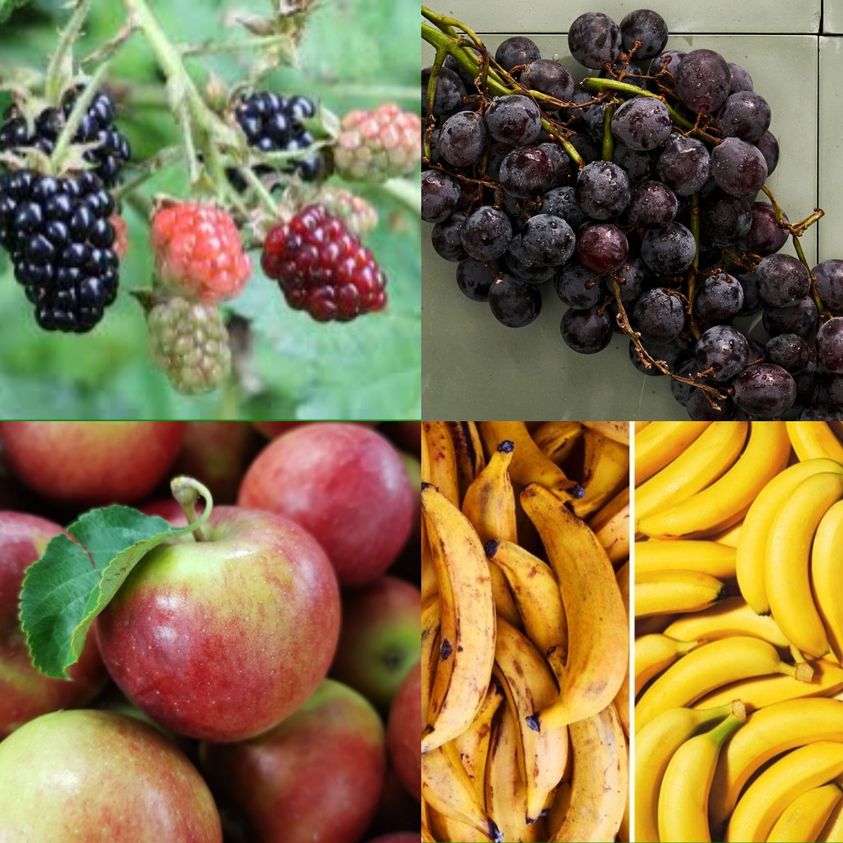ADVERTISEMENT
4. Pomegranates: Pomegranates are packed with antioxidants called polyphenols, including punicalagins and ellagic acid. These compounds have been studied for their potential to inhibit cancer cell proliferation, induce apoptosis, and suppress tumor growth, particularly in prostate and breast cancer.
5. Grapes: Grapes, especially red and purple varieties, contain resveratrol, a powerful antioxidant that has been extensively studied for its anti-cancer properties. Resveratrol has been shown to inhibit cancer cell growth, induce apoptosis, and prevent the formation of tumors in various cancer types.
6. Kiwi: Kiwi is rich in vitamin C, vitamin E, and polyphenols, including quercetin and lutein. These compounds have been associated with anti-cancer effects, including the inhibition of cancer cell proliferation and the induction of apoptosis in cancer cells.
7. Cherries: Cherries are packed with antioxidants, including anthocyanins and quercetin, which have been studied for their potential anti-cancer properties. These compounds have been shown to inhibit cancer cell growth, reduce inflammation, and promote apoptosis in cancer cells.
8. Cranberries: Cranberries are known for their high content of proanthocyanidins (PACs), which have been studied for their potential anti-cancer effects. PACs have been shown to inhibit the growth of various cancer cells, including those of the breast, prostate, colon, and lung.
Conclusion: Incorporating a variety of fruits, rich in antioxidants and anti-inflammatory compounds, into your diet can contribute to overall health and potentially reduce the risk of cancer development. While these fruits offer promising anti-cancer properties, it’s essential to consume them as part of a balanced diet and lifestyle. Consult with a healthcare professional for personalized dietary recommendations and cancer prevention strategies based on individual health needs and goals.
ADVERTISEMENT
